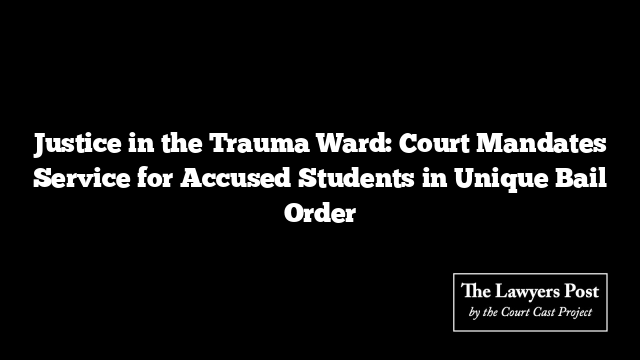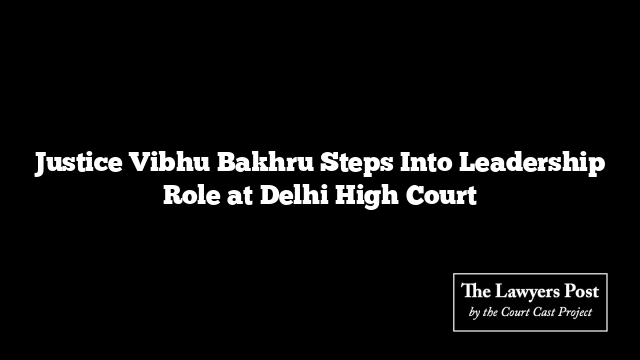In a controversial decision, the Bombay High Court ruled that the act of strangulating a pregnant woman to death, while violent, does not meet the threshold of “exceptional violence and brutality” required to deny a convict remission. This ruling overturned a State government decision to block the early release of a police officer convicted of murdering his pregnant wife.
The convict, Pradipsingh Murlidharsingh Thakur, was initially sentenced to death in 2001 for the crime under Section 302 of the Indian Penal Code (IPC). His sentence was later commuted to life imprisonment by the High Court, and he had since served over 22 years in prison. Thakur’s plea for remission relied on a 2010 government resolution allowing early release for those who had served this duration, including time credited for good behavior.
The State, however, argued that the case fell under a stricter category of the resolution, requiring a 26-year minimum sentence due to the alleged exceptional violence of the act. The court disagreed, stating that the evidence did not support such a characterization.
The bench, led by Justices Nitin W. Sambre and Vrushali V. Joshi, scrutinized the injuries sustained by the victim, noting a ligature mark and a nail abrasion on the neck. The court held that these injuries did not indicate brutality beyond what was required to commit the act.
“While the act of strangulation is undoubtedly violent, it cannot be elevated to the level of exceptional violence or brutality as defined under the remission policy,” the court remarked.
The court also dismissed the argument that Thakur’s position as a police officer warranted a stricter interpretation of the remission rules. “The petitioner’s professional background does not disqualify him from remission benefits under standard legal provisions,” it stated.
Directing the State to reconsider Thakur’s plea under the less severe remission category, the court instructed jail authorities to account for the time he had already served and any credits for good behavior.
This decision has sparked debate over the interpretation of “exceptional violence” and the role of professional conduct in determining eligibility for remission, with critics questioning whether justice has been adequately served.





